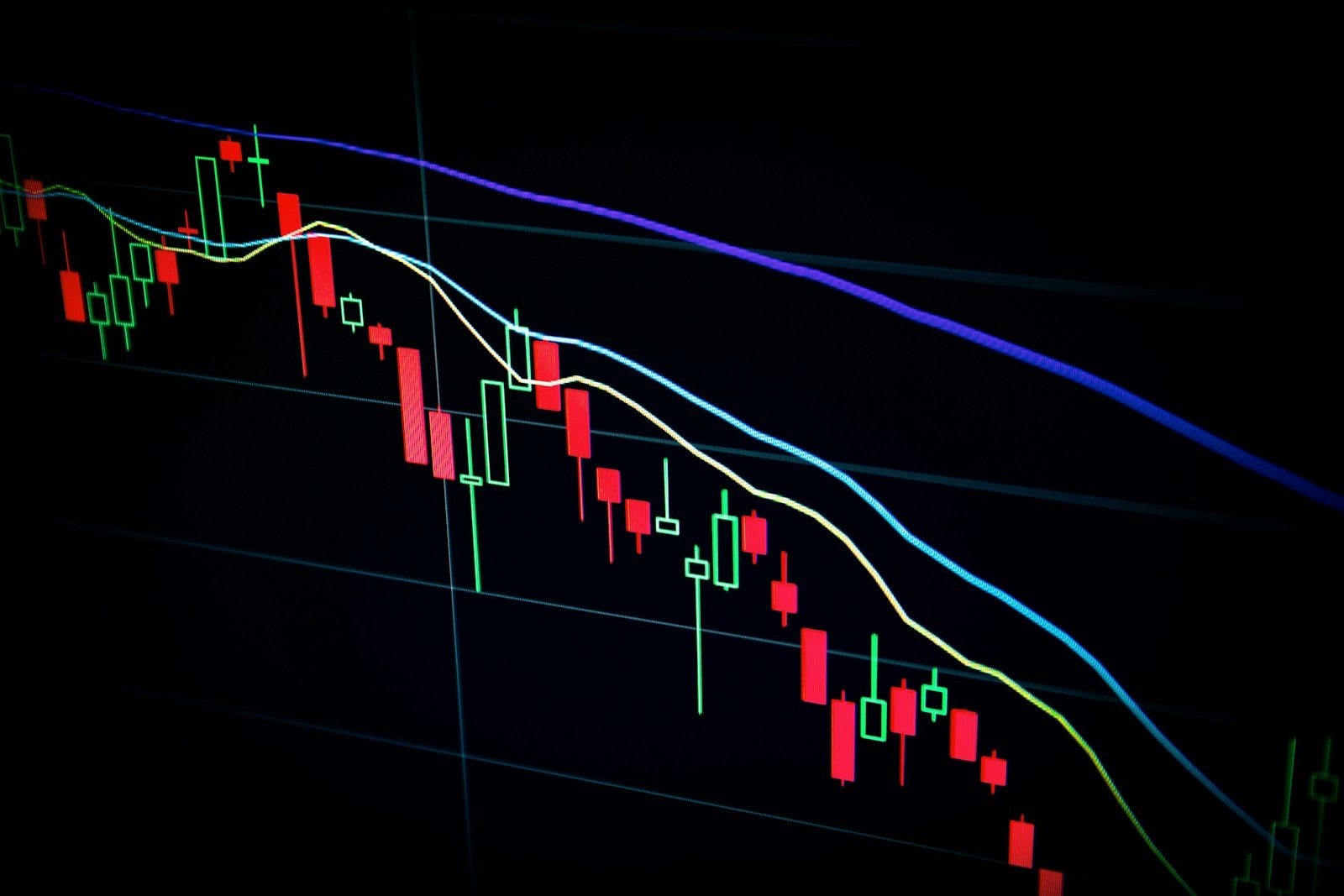
Investing isn’t a game, but most beginners treat it like one. They jump in blind, convinced they’ll double their money in weeks. Then reality smacks them hard. The market doesn’t care about your excitement. It rewards discipline, patience, and strategy. If you don’t have those, you’ll pay the price—literally.
Let’s talk about five brutal investment mistakes that drain bank accounts faster than you can say “buy the dip.” If you’re serious about making money, learn these now instead of the hard way.
Table of Contents
1. FOMO Trading: Buying Just Because Everyone Else Is
The hype cycle is undefeated. Every few months, a new stock or crypto coin explodes in popularity. The media goes wild. Social feeds flood with “to the moon” posts. Suddenly, everyone you know is buying in. You feel the pressure. You don’t want to miss out.
So, you pull the trigger. And within days (or hours), the price tanks. Sound familiar?
Why It’s a Disaster
- By the time you hear about a hot investment, it’s probably too late. The real money was made by early buyers who are now dumping their bags on FOMO-driven newbies.
- Hype-driven assets are unpredictable. They can crash overnight, leaving you holding worthless shares or tokens.
- Emotional trading is a guaranteed way to lose money. If you’re buying because of excitement rather than research, you’re gambling, not investing.
How to Avoid This Trap
- Before buying anything, ask: “Would I still invest if no one was talking about this?”
- Research the asset’s fundamentals. If it has none, skip it.
- Use a buy-in plan instead of going all-in at once. A structured approach keeps emotions in check.

2. Ignoring Risk Management (AKA: Betting the Farm on One Trade)
New investors love the idea of going all-in. They hear stories about someone turning $1,000 into $100,000 and think, I should do that too! So they dump everything into a single stock or coin, convinced they picked a winner.
Then earnings drop. Or bad news hits. Or a whale sells off. Suddenly, they’re staring at a 50% loss with no way to recover.
Learn How to Spot a Crypto Scam in 10 Seconds
Why It’s a Disaster
- One bad trade can wipe you out. If your entire portfolio is tied to one asset, you’re just a bad day away from financial ruin.
- Markets are unpredictable. Even strong companies and projects experience dips, corrections, and unexpected crashes.
- Professional investors never bet everything on one move. If billionaires diversify, why wouldn’t you?
How to Avoid This Trap
- Never invest more than you’re willing to lose. If losing it would keep you up at night, it’s too much.
- Use stop losses and take-profit levels. These help lock in gains and limit losses.
- Diversify. Spread your investments across different assets, sectors, and risk levels.
3. Chasing Quick Profits Instead of Long-Term Gains
If you’re in the market to “get rich quick,” stop. That mindset is exactly why so many beginners get poor quick instead.
The idea of fast money is seductive. Day traders on YouTube make it look easy. Meme coins explode overnight. But what you don’t see are the thousands who lose trying to time the market.
Why It’s a Disaster
- Short-term trading requires skill, experience, and discipline. Most beginners have none of those.
- The house always wins. High-frequency traders and hedge funds feast on retail investors who think they can outsmart the system.
- The biggest wealth is built over time. Every successful investor—Buffett, Bogle, Dalio—preaches patience.
How to Avoid This Trap
- Focus on long-term growth, not daily swings. Wealth comes from compounding, not chasing trends.
- Stick to proven strategies like dollar-cost averaging (DCA). Buying consistently over time beats trying to time perfect entries.
- Know when to hold. Some of the biggest gains come from holding quality assets through market cycles.
Discover how the rich make and retain money
4. Trading Without a Plan (AKA: Investing Blindly)
Would you drive cross-country without a map? Probably not. Yet, so many new investors enter the market without a plan. They just buy things randomly and hope for the best.
Hope isn’t a strategy. It’s a fast track to losing money.
Why It’s a Disaster
- No plan means no direction. You’ll constantly second-guess yourself and make emotional decisions.
- It leads to panic selling. When markets dip, investors without a plan freak out and sell at the worst possible time.
- It’s impossible to measure success. If you don’t have a goal or strategy, how do you even know if you’re doing well?
How to Avoid This Trap
- Define your investment strategy. Are you long-term, short-term, dividend-focused, growth-oriented? Pick a style that fits your risk tolerance.
- Set entry and exit rules. When will you buy more? When will you take profits? Make decisions before emotions take over.
- Write it down. A documented plan helps keep you disciplined, especially during market chaos.
Discover 25 Best Dividend Stocks to Buy and Hold
5. Letting Emotions Control Your Trades
The stock and crypto markets are emotional rollercoasters. Prices rise and fall for reasons that often make no sense. The worst mistake you can make? Letting those ups and downs dictate your decisions.
Fear makes you sell at the bottom. Greed makes you buy at the top. Impulses make you chase trends. That cycle will drain your account faster than any crash ever could.
Why It’s a Disaster
- Emotion-driven trades are almost always wrong. Buying and selling should be based on logic, not feelings.
- Markets manipulate emotions on purpose. Whales, institutions, and media play on retail investors’ fears and greed.
- Emotional investors never win long-term. The best investors stay rational, even when markets are going crazy.
How to Avoid This Trap
- Stick to your strategy, no matter what. If the market drops but nothing changed fundamentally, hold your ground.
- Turn off the noise. The less you obsess over charts and news, the fewer emotional mistakes you’ll make.
- Take breaks. Sometimes, stepping away is the best thing you can do for your portfolio.
ALSO READ:
Official Trump Memecoin Unlocks 40M Tokens: What It Means for Crypto Investors
Final Thoughts on Common Investment Mistakes to Avoid
There’s no shortcut to wealth. The only way to win in investing is by avoiding costly mistakes, managing risk, and sticking to a strategy.
The market rewards patience, not reckless gambling. It punishes emotion-driven moves but pays those who stay disciplined. If you learn from these mistakes now, you’ll save yourself years of frustration and thousands of dollars in losses.
Now, the real question is: Will you be the rookie who learns the hard way or the one who plays smart from the start?





